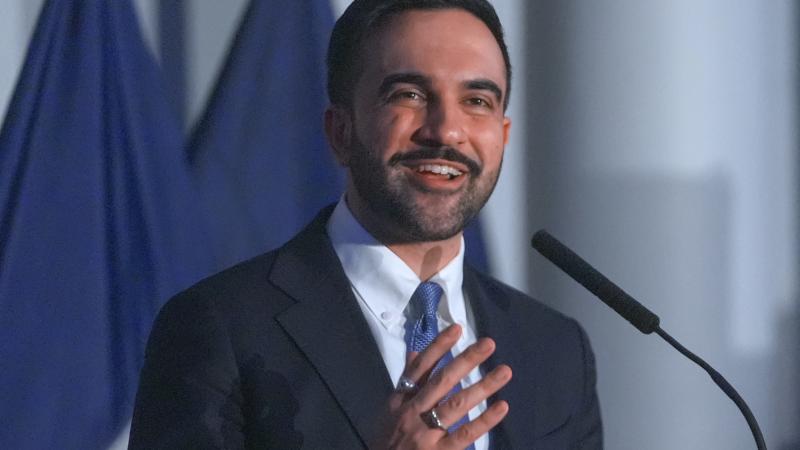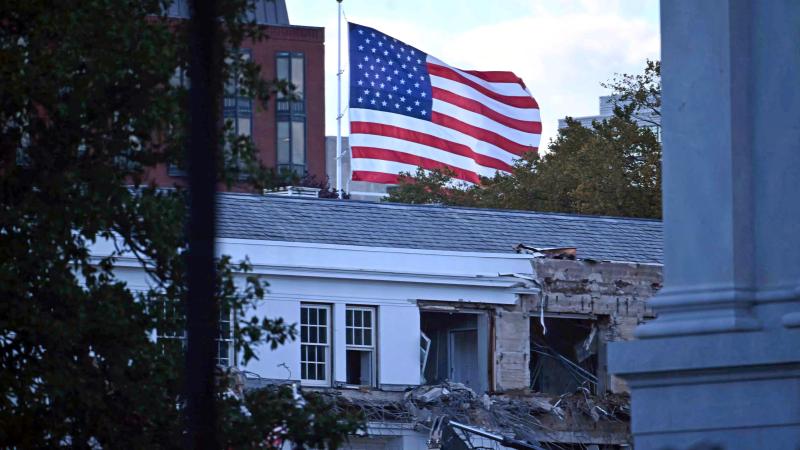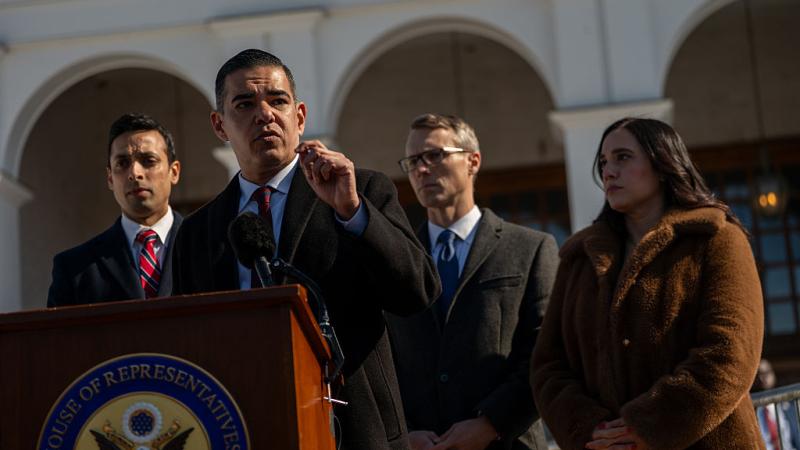North Carolina city scraps red-light cameras after legal challenges
Officials will also stop issuing citations next Tuesday following a 5-1 vote by the city council on Monday.
The city of Greenville, N.C., will turn off its red-light cameras next week after the city council voted to end the enforcement program and the legal headache it created.
Greenville shut down its red-light cameras and will stop issuing citations next Tuesday following a 5-1 vote by the city council on Monday.
The vote comes amid multiple lawsuits challenging the constitutionality of the program, which is operating under a temporary stay from the state Supreme Court after the North Carolina Court of Appeals ruled the program unconstitutional in March.
"People are still going to get tickets between now and November 15th," Greenville Mayor PJ Connelly told WITN. "They’ve got 30 days to be able to pay or to appeal the ticket that they receive so it’s going to take some time for them to be able to bring those payments to the city. Also, it’s going to take some time for us to be able to get the camera equipment out of the city."
The cameras, located at five intersections, have operated since 2017, and reduced crashes at the intersections by 29%, according to the city council.
But the program has also drawn numerous legal challenges, including the case Fearrington v. City of Greenville, which challenged the funding arrangement of the program as unconstitutional.
The lawsuit cites provisions in the Fines and Forfeitures Clause of the state Constitution that requires "clear proceeds of all penalties and forfeitures and of all fines" from violations of state laws go to schools.
Court records show Pitt County Schools receive about 72% of the proceeds from Greenville’s red-light camera program, which falls short of at least 90% required by the constitution, the appeals court panel ruled.
The city and school system appealed the decision to the Supreme Court, which issued a stay about two weeks after the appeals court ruling but has not decided whether or not to take up the case.
Greenville amended its contract with the company operating the cameras in June to end the program on Nov. 15 if the Supreme Court did not rule in the city’s favor, WITN reports.
Two other lawsuits were filed in May that challenged the red-light program in Greenville and other cities based on another constitutional provision involving local legislation dealing with public health.
Shelia Dunn, spokesperson for the National Motorists Association, believes Greenville officials "made the right decision," though she noted it’s "too bad the council could not have done this action without court interference."
"Any type of automated enforcement promotes bad feelings in a community and does not allow ticket holders to easily fight their tickets," she said. "A ticket is sent weeks later and the person that owns the vehicle might not have been the driver but is required to pay the ticket anyway.
"RLCs also do not promote safety as officials and camera companies would have you believe. There are better and less expensive ways to promote safe intersections without resorting to a taxation by citation program."
Marc Scribner, senior transportation policy analyst at Reason Foundation, agreed the move was the right decision.
"Red-light cameras and other forms of automated traffic enforcement can improve safety when properly deployed. However, governments too often abuse these technologies to maximize revenue rather than safety," he said. "Automated traffic enforcement can also raise legitimate due process concerns."














